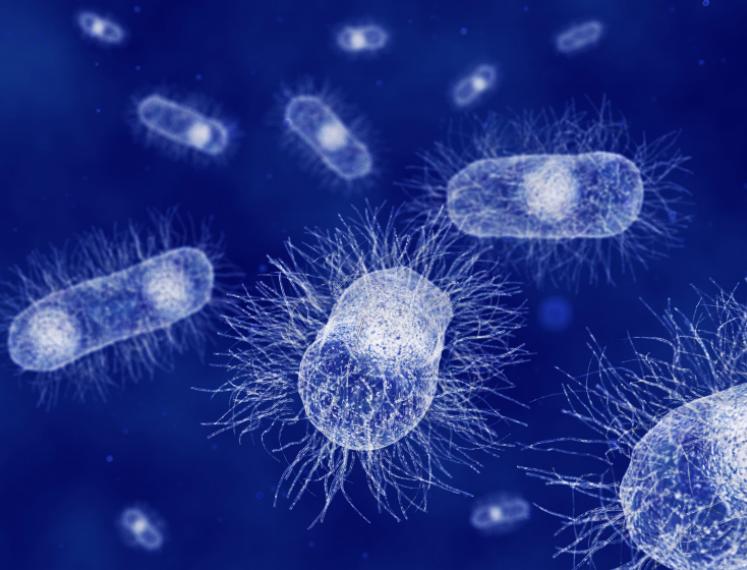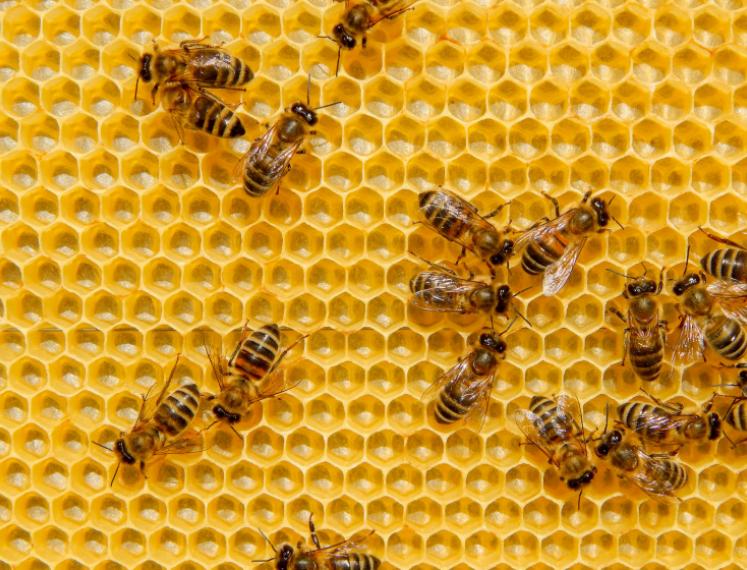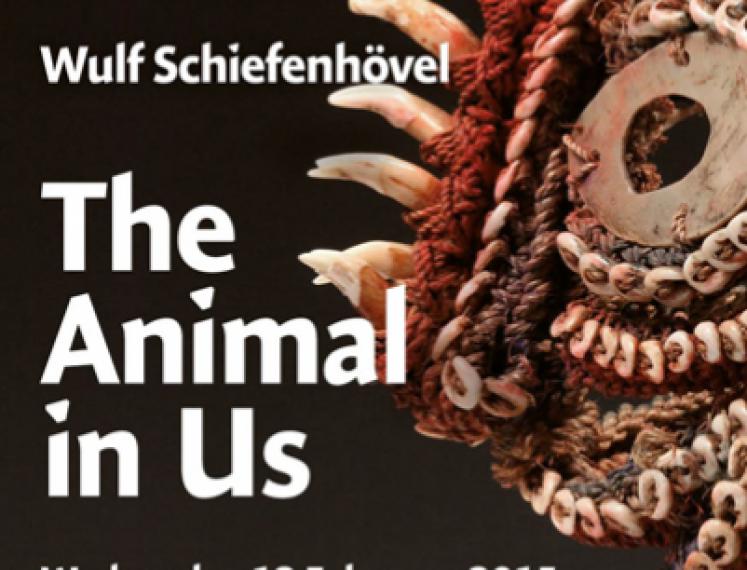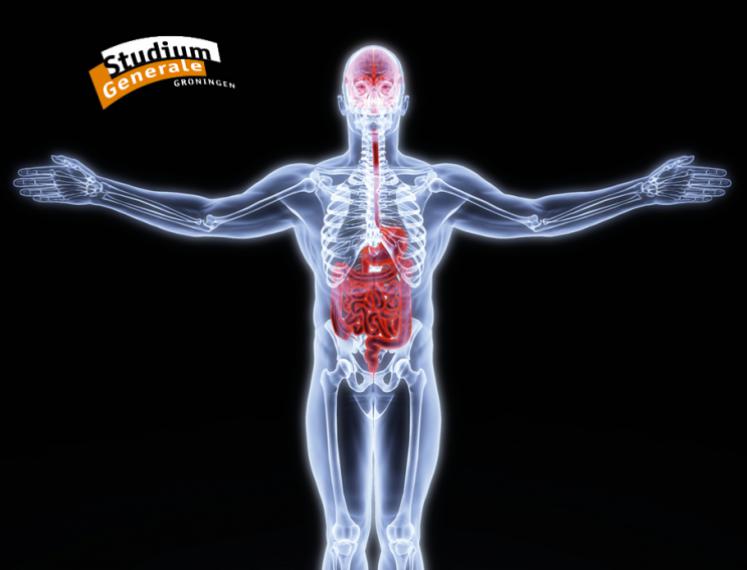Online
Nederland
What Is It Like to Be... a Plant
Monica Gagliano is an evolutionary ecologist. Her main research is broadly focusing on key aspects of the ecological processes by which organisms are able to gather information on the variable conditions of their surrounding environment in order to thrive. In collaboration with various disciplines across the Sciences and the Humanities, her research aims at expanding our perception of animals, plants and more generally Nature. In the process of learning how to do this, she has pioneered the brand-new research field of plant bioacoustics and extended the concept of cognition to plants, re-igniting the discourse on plant subjectivity, sentience and ethical standing.
The 3 questions he would like to discuss with you in this webinar are:
1. What is like to be a plant ‘person’?
2. Are plants intelligent?
3. How do subjective human-plant experiences help us do better science?
Plant physiologist Ties Ausma (UG) will join the discussion
Monica Gagliano is a Research Associate Professor in evolutionary ecology at Southern Cross University where she directs of the Biological Intelligence (BI) Lab funded by the Templeton World Charity Foundation. She has pioneered the brand-new research field of plant bioacoustics, for the first time experimentally demonstrating that plants emit their own ‘voices’ and detect and respond to the sounds of their environments. Her work has extended the concept of cognition (including perception, learning processes, memory) in plants. By demonstrating experimentally that learning is not the exclusive province of animals, she has re-ignited the discourse on plant subjectivity and ethical and legal standing. She is the author of Thus Spoke the Plant (North Atlantic Books, 2018) and co-editor of The Mind Of Plants (Synergetic Press, forthcoming).






